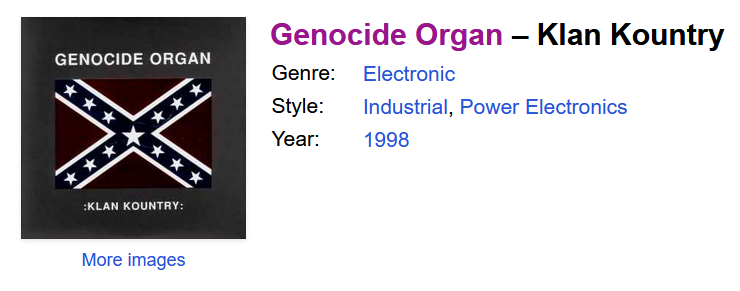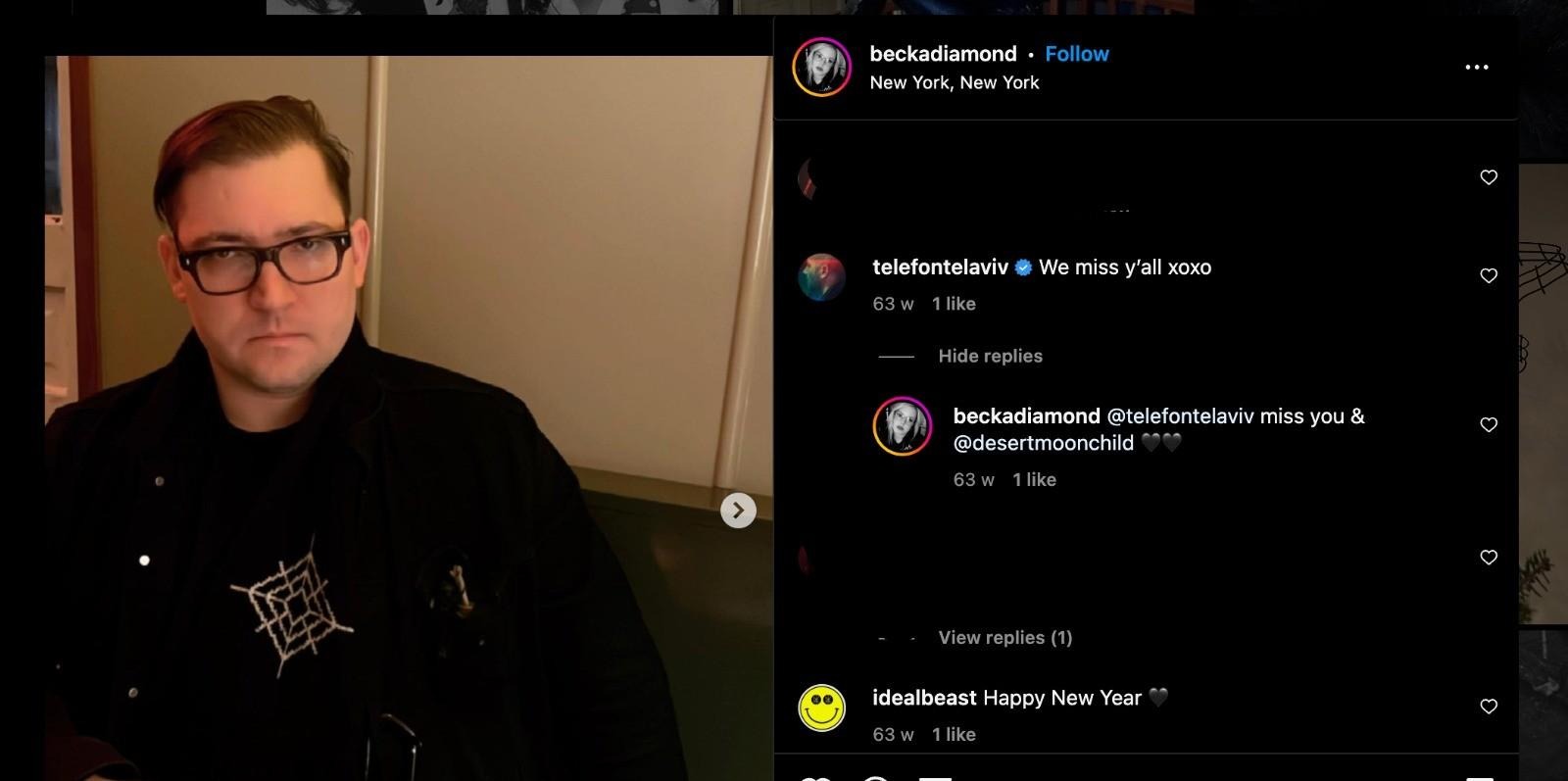Trap for the Deputy
The new proposal in Russia to recognize feminism as an extremist ideology has led its leading advocate MP Oleg Matveychev into a trap. How to define feminism in such a way as to separate objectionable feminist organizations from, for example, Clara Zetkin, buried in a necropolis near the Kremlin wall? What to do with March 8 or with the recently passed National Action Strategy for Women?
The strategy document refers to the need to “improve the legislation of the Russian Federation in the field of prevention of violence against women, including domestic violence, harassment, sexual harassment at work, sexualized violence.” And the strategy ends with a promise that “as a result of the implementation of the strategy, there should be formed a system of measures aimed at ensuring the implementation of the principle of equal rights and freedoms for men and women and creating equal opportunities for their implementation by women in all spheres of life, at increasing economic independence, political activity, expansion of opportunities for self-realization of women, as well as to overcome stereotypical ideas about the social roles of men and women”.
The question is how to define feminism in law in such a way as to separate it from such public policy, on the surface. It is no coincidence that, according to Matveychev himself, some deputies suggested: “Let’s not destroy ideology, but specific organizations?”
It is not difficult to guess what kind of organization we are talking about: the Feminist Anti-War Resistance (FAR), which was placed last year in the register of “foreign agents” by the Ministry of Justice . On April 9, Director of the Safe Internet League Ekaterina Mizulina, proving her inability to read, said that the FAR activists “confessed that they were directly involved in the implementation of sabotage and terrorist attacks on railways and in military registration and enlistment offices”, mistaking an interview with activists of another organization — BOAC (Fighting organization of anarcho-communists).
In general, the FAR, like many other feminist organizations in Russia, lives under attack from more “correct” women’s media personalities and channels: from small to those with million audience, below I use their quotes to reflect on the relationship between the women’s movement and the state in the history and present of Russia.
State feminism
Feminism has a long history in Russia, and much of it is tightly intertwined with state politics. But the institutionalization of the feminist agenda and top-down policies of gender equality, as well as women’s organizations affiliated with the government, were not at all a special feature of the USSR. Rather, they can be called a common political phenomenon in many countries that were actively included in the UN Decade of Women (1976-1985).
Sometimes the term “state feminism” is used to talk about this — for the first time in relation to the Soviet gender order, Elizabeth Wood used it in the 1997 book The Baba and the Comrade. She meant by that exactly the top-down policies of gender equality. In this sense, the term is still often found in relation to the Soviet, supporting the exoticization of the experience of the second world.
I am talking about exoticization because state feminism is by no means an exclusive feature of the USSR and other socialist countries. Researchers note the rise of so-called women’s political agencies — government-affiliated organizations in liberal democracies that mediate between independent feminist movements and governments and lead to the “institutionalization of feminist interests” after the UN Decade of Women. Since the late 1980s, the term “state feminism” has also been used to describe them in political science. Researcher Helga Hernes proposed it in 1987 to describe “public policies and organizational measures designed partly to solve general socio-economic problems, partly to meet women’s needs.”
Since the second half of the 1990s, a whole field of comparative studies of state feminism has emerged, which made it possible to overcome the false dichotomy of the state and the “autonomous” women’s movement in liberal democracies. The main focus of the analysis of state feminism is the extent to which women’s political agencies, or state-affiliated women’s organizations, are associated with independent feminist movements and how much they have access to the decision-making process and the achievement of goals consistent with the feminist agenda.
Thus, we can move from the impasse question of who is how autonomous, to the question of how much grassroots movements, or “ordinary” women, have had and are able to influence the agenda of women’s political agencies and how much the women’s movement and the women’s rights agenda are used in the interests of accumulation of capital, imperialist expansion and other goals contrary to “women’s interests”.
Is it possible to separate the “women’s movement” from “feminism”?
This question isn’t new as well. The official Soviet women’s organizations (from the Zhenotdel to the Committee of Soviet Women) diligently separated themselves from “feminists”. In the post-war years, even a stable expression for a clear demarcation was formed — the women’s democratic movement. That was the name of the women’s movement of the socialist block.
Yet despite this painstaking distancing, it was never truly possible. Even an ardent opponent of the “feminists”, the first in history woman ambassador Alexandra Kollontai wrote: the assertion that for women’s liberation it is necessary to abandon capitalism, “does not eliminate the possibility of a partial improvement in women’s life within the framework of the modern system … each newly acquired right brings women closer to a certain goal — to their complete emancipation.” The Zhenotdel (Women Office), organized by her, also did not escape accusations of “creating some ground for feminist deviations,” which, according to some groups in the party leadership, could lead to “separation of the female part of the labour people from the class struggle.”
In the 1970s, against the backdrop of the rise of the feminist movement in the United States, employees of the Committee of Soviet Women reported to the Central Committee on various branches in the feminist movement in America and concluded: “The feminist movement can help in awakening the political consciousness of women, which is why the cooperation of women’s organizations of the socialist camp with this move seems appropriate.”
And already in 1975, the Rabotnitsa (Working woman) magazine, which was published in millions of copies, reported on the struggle of American women against “sexism.” Of course, this did nothing to help the feminist groups among Soviet dissidents. The creators of the almanacs “Woman and Russia” and “Maria” were persecuted by the KGB and expelled from the country for their feminist criticism of the USSR and the war in Afghanistan in 1979-1982, writes Anna Sidorevich. They were repressed not so much for advocating women’s rights — in the end, many of the problems they voiced resonated with the official women’s press (and on the pages of other official newspapers, in trade union reports and in other documents, there was no less harsh criticism, with references to the achievements of the party and the Soviet states). They were repressed for trying to challenge the dominant value system (“common sense”) and offer a fundamentally different linguistic and value perspective.
The Committee of Soviet Women, the official Soviet women’s organization whose members had fought for the right to abortion 24 years earlier, played a role in 1979 in condemning “feminists.” But it seems that it didn’t gain political strength from this. And that did not bring any improvement in the status of women.
Attempts to separate women from “politics”
The past does not repeat itself, but sometimes it makes it possible to better discern the processes of the present that are not yet obvious. For example, the efforts that the Russian state is making today to demarcate the boundaries between the “normal” women’s movement and the “wrong” feminists.
The topic of women’s rights is increasingly heard in the state media and on various state platforms. The launch of the “United Russia Women’s Movement” in addition to the already existing Union of Women of Russia (the successor to the Committee of Soviet Women) and the Eurasian Women’s Forum is another sign of the growing attention to the definition of what is acceptable in the conversation about women’s rights and feminism in Russia today.
The consonance of comments about women in Russia and feminism in the censored Russian information field draws a new silhouette of the state-approved women’s movement — as opposed to the wrong “feminists”.
It is worth exploring it separately, but I will outline only some strokes using the example of a curious document of the era — an article about the “split” of the feminist movement in Russia (which establishes this split and, judging by the selection of experts from the Kremlin’s political technology pool, may be diligently working on it).
Connection with the West
The first stroke is the issue of connection with the West. Whether physical, intellectual or political, any connection with the world outside of Russia is constitutive of the definition of a bad women’s movement. Thus, a month before the initiative of Deputy Matveychev, Senator Daria Lantratova stated in the article: “Personally, I consider feminism, at least in the form in which the West presents it to society now, a destructive phenomenon — propaganda that dictates things alien to the Russian mentality.”
It is interesting that the well-known political technologist and feminist Anna Fedorova in the text suddenly removes this identity from herself in order to emphasize that she is different from those “media feminists who … left.” The physical or even intellectual crossing of a boundary serves in this narrative as a point of irreversible change.
This is rather strange when applied to the women’s movement, which has always been both ideologically and materially transnational, built on the exchange of ideas, the travel of activists and the transit of political strategies, and emigration throughout history has provided and continues to provide support to activists within the country. Moreover, now we see much more articulated projects to build solidarity between “those who left” and the “remaining ones”.
We already have the rights
The second stroke is the approach to women’s rights. An important part of the “normal” women’s movement is the assertion that “everything is already there” or “everything is already being done” without feminists. By the way, the official women’s movement in the USSR had a similar approach. Here one can note both remarks like “We are not fighting for rights — we have them” or “Over the past year, the role of women in Russia has become even more significant”, sounding from the patriotic camp, as well as critical remarks (that the problems that were in the country before the war, did not evaporate, even new ones appeared), but even those with a positive twist, as, for example, in the remark of Maria Baronova: “The only temporary advantage that women got [thanks to the war] is when they get a job”. Thus, feminist analysis and criticism are replaced by unfounded clichés and are accompanied by the ritual “Life has become more fun.”
Patriotism
Finally, the third stroke is patriotic participation in politics or non-participation in it. For example, the rejection of political action in favor of a humanitarian one, the rejection of the political identity of feminism in favor of the political polyphony of the “woman” identity, a polyphony that obviously excludes only one position — rejection of war and participation in political associations against it. The war itself is hardly presented in the article as a negative factor in the context of women’s rights, except perhaps in the remark of Elena Klimanskaya. In most of the selected lines, the fight against the war is opposed to the fight for women’s rights: “No one pays attention to this situation: everyone is fighting Russian imperialism.”
Such a contrast cannot but surprise those who have read at least one feminist text criticizing militarism and capitalism, or those who honestly observe the consequences of the war: the abolition of a number of labor guarantees, delays in wages and social benefits, an increase in domestic and state violence, an increase in housing and communal services tariffs and so on. The fight against war is an integral part of feminism, not a side story. But the “correct” women’s movement claims the opposite and tries to separate military and state violence from gender violence.
What is a ban anyway?
I do not believe in the possibility of banning feminism in Russia: even with a legal ban, this will definitely not kill our ideas and deeds. They permeate our laws, cities, history. But it can be said with confidence that the conceptual work in order to stigmatize feminism in the Russian public field and put in its place a “normal” women’s movement, from patriotic to opposition-humanitarian, is actively being carried out.
I don’t want to condemn the difficult political choices of the authoritarian era. The same Committee of Soviet Women knew different periods. In one of its members, they used their status as a legal women’s movement to promote new laws, decriminalize abortion, improve working conditions, the Family Code, and so on. At other times, committee members seemed to lose their agency and found themselves in the service of Soviet foreign policy, which they themselves did not determine. “State feminism” in Russia is by no means an exception and can contribute to the improvement of the status of women as much as possible in the case of the existence of a state in general and an authoritarian one in particular.
The future of the “normal” women’s movement is open. I would like to believe that at least those who work against “feminists” in Russia today will not step on the same rake — they will not confuse the protection of women’s rights with kissing with authoritarian power.
This article first appeared in Russian on Glasnaya Media. Translated by: Dani Romanova, coordinator of the Feminist Anti-war Resistance. Reproduced with permission.







